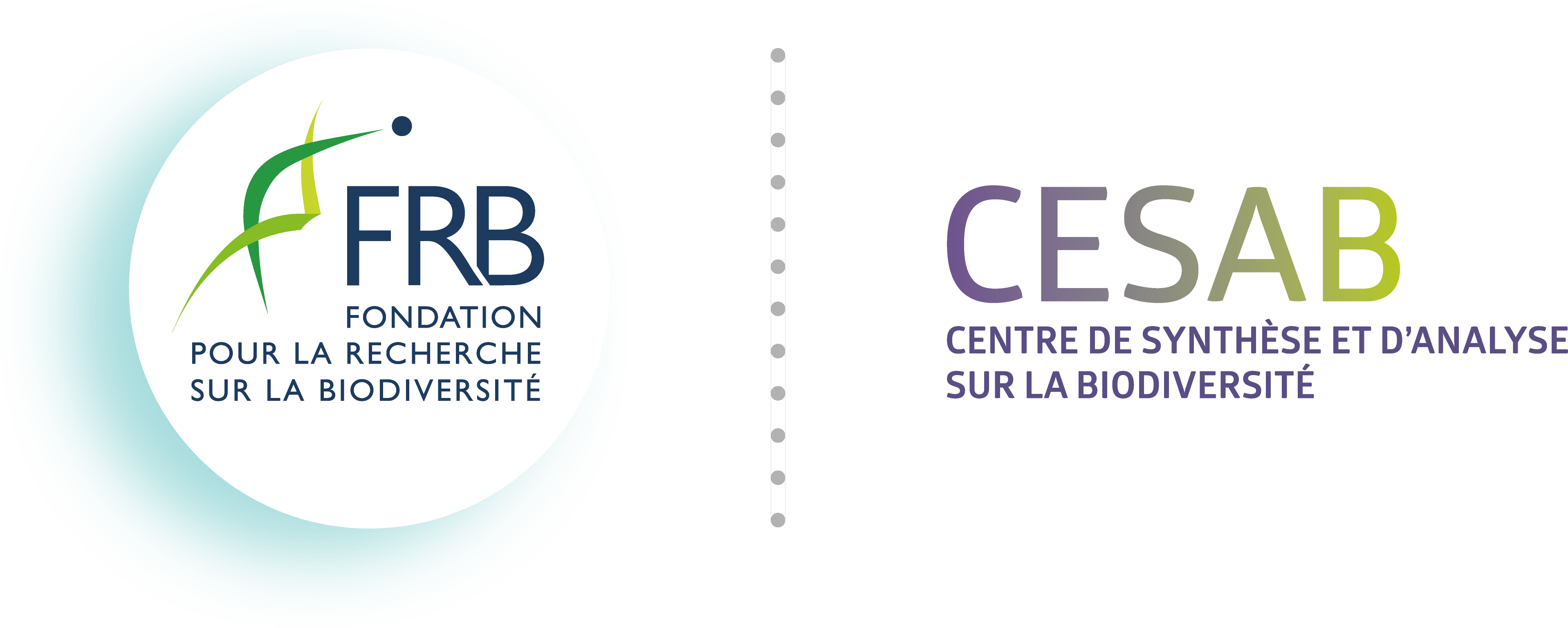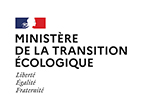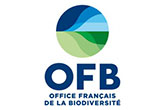SPATMAN
What role for the spatial organisation of human societies to modulate their pressures on biodiversity?
 © Jean-Marie Bossennec, INRAe
© Jean-Marie Bossennec, INRAe SPATMAN aims to analyse how human activities, through their characteristics and spatial organization, impact the state of terrestrial biodiversity (specific and phylogenetic diversity) and its evolution (species extinctions). It brings together specialists in conservation ecology, spatial ecology (biogeography and landscape ecology), geography and spatial economics.
The complementarity and the union of these scientific competences and the associated theoretical and methodological approaches are an asset to build and explore solid and detailed hypotheses on the mechanisms underlying the links between the organization of human activities in the territories and the state of biodiversity, with a particular attention to the indirect and delayed effects. SPATMAN will pool data on biodiversity and data on the socio-economic organization of the French territory, which have never been fully exploited before. SPATMAN will develop a new and original synthesis of human-biodiversity relationships on a sub-national scale and to provide useful elements to decision makers.

PIs:
Isabelle BOULANGEAT – INRAe (France); Mohamed HILAL – INRAe (France)
Postdoc:
Cathleen PETIT – FRB-CESAB (France)
SPATMAN brings together experts in conservation ecology, spatial ecology (biogeography and landscape ecology), geography and spatial economics.
SPATMAN was selected from the 2021 call for proposals with OFB and MTE “Impacts on terrestrial biodiversity in the Anthropocene”. The project selection process was carried out by a committee of independent experts.

